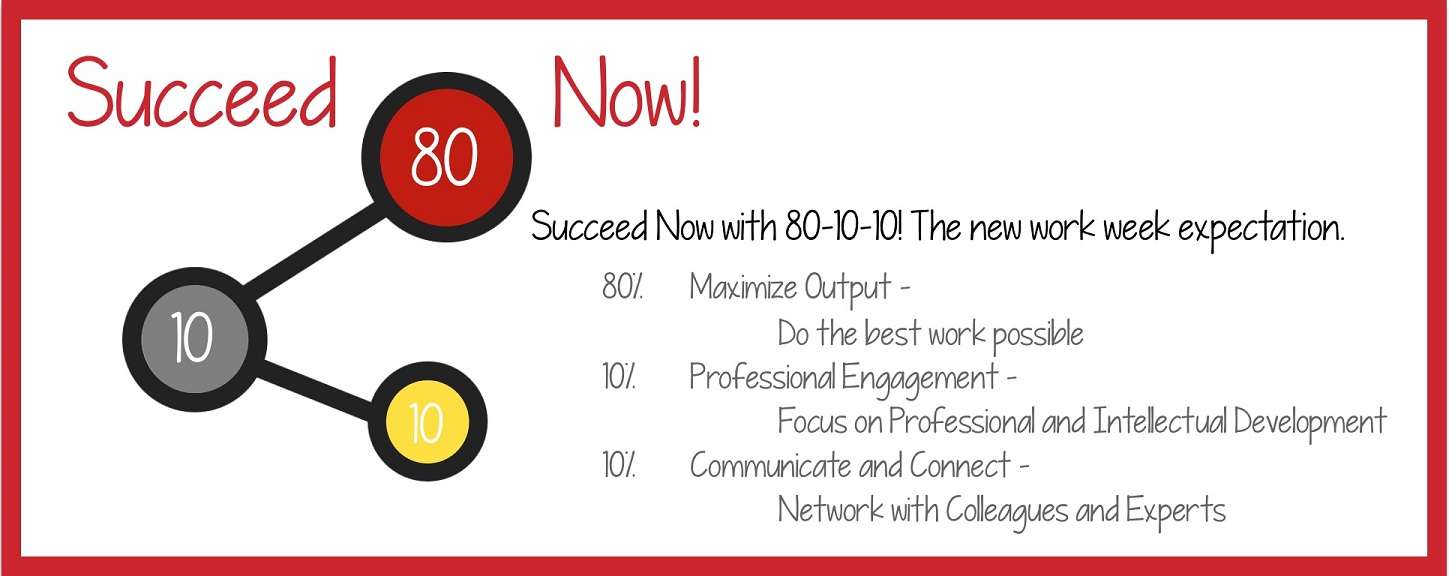Graduate Program Review
The purpose of academic program review evaluates the status, effectiveness, and progress of academic programs and helps identify the future direction, needs, and priorities of those programs. The areas in which program quality are evaluated include, but are not limited to:
- Quality of educational programs, including an assessment of student outcomes.
- Quality of research, creative activity, or scholarly work.
- Contribution or service to the University, the profession, and the community.
- Potential and future expectations for the program.
The goal of the program review should be the articulation of agreed-upon action plans for further development of the academic program. External academic review teams are invited to consider issues and challenges, and to consult with faculty and administration on future directions. The program review process should focus on improvements that can be made using resources that currently are available to the program. Consideration may also be given, however, to proposed program improvements and expansions that would require additional resources; in such cases, the need and priority for additional resources should be clearly specified.
Please visit the Graduate Program pages for degree and career outcomes as well as other information.
For more information on program reviews visit the Provost page.



